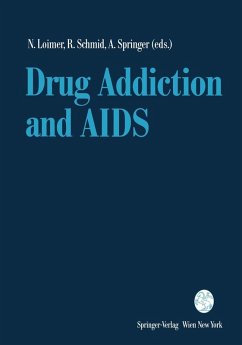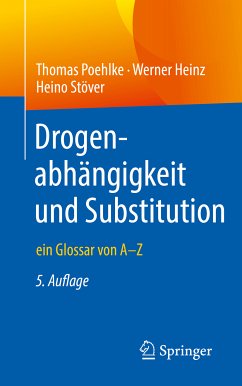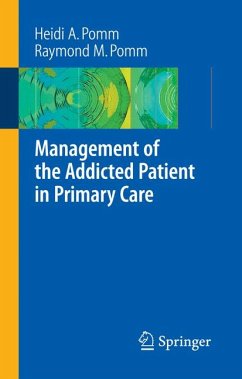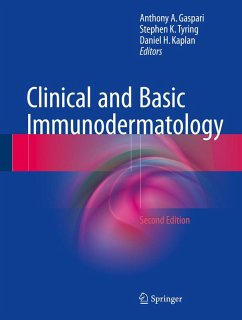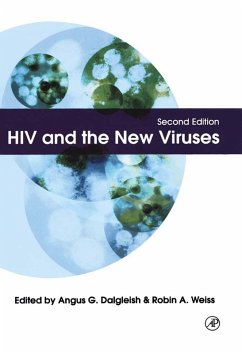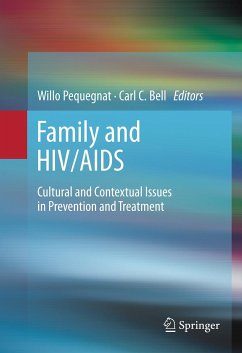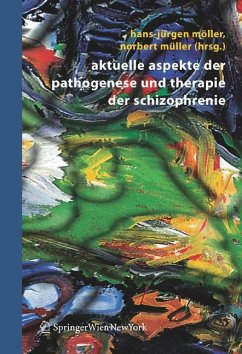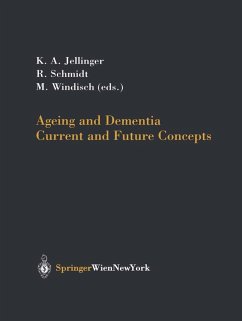
Drug Addiction and Related Clinical Problems (eBook, PDF)
Versandkostenfrei!
Sofort per Download lieferbar
40,95 €
inkl. MwSt.
Weitere Ausgaben:

PAYBACK Punkte
20 °P sammeln!
The present book is divided into three main topics. The first chapters deal with biological aspects of drug addiction. The second part confirms the validity of methadone maintenance treatments in controlling heroin addiction, and its efficacy in the prevention of HIV epidemics. The most recent acquisition on AIDS diagnostic criteria and treatment protocols are discussed.
Dieser Download kann aus rechtlichen Gründen nur mit Rechnungsadresse in A, B, BG, CY, CZ, D, DK, EW, E, FIN, F, GR, HR, H, IRL, I, LT, L, LR, M, NL, PL, P, R, S, SLO, SK ausgeliefert werden.



